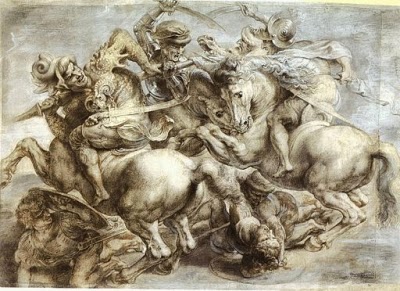Isaiah 13, Part 2: The Oppressor is Oppressed

Isaiah 13, Part 2: The Oppressor is Oppressed What has gone before... God has suddenly brought to Isaiah a prophecy regarding the faraway nation of Babylon, the ancient site at which a tall tower had been built. The tower had been an attempt at "making a name for themselves", and God had intervened and confused their language, dispersing them throughout the world. Moving on... Isaiah 13:4-5 (ESV) The LORD of hosts is mustering a host for battle. They come from a distant land, from the end of the heavens, the LORD and the weapons of his indignation, to destroy the whole land. Isaiah implies that Babylon will be attacked by a nation "from a distant land", with the LORD using another nation as the "weapons of his indignation". The LORD's anger will bring desolation and destruction: Isaiah 13:9 (ESV) Behold, the day of the LORD comes, cruel, with wrath and fierce anger, to make the land a desolation and to destroy its sinners from it. ...


